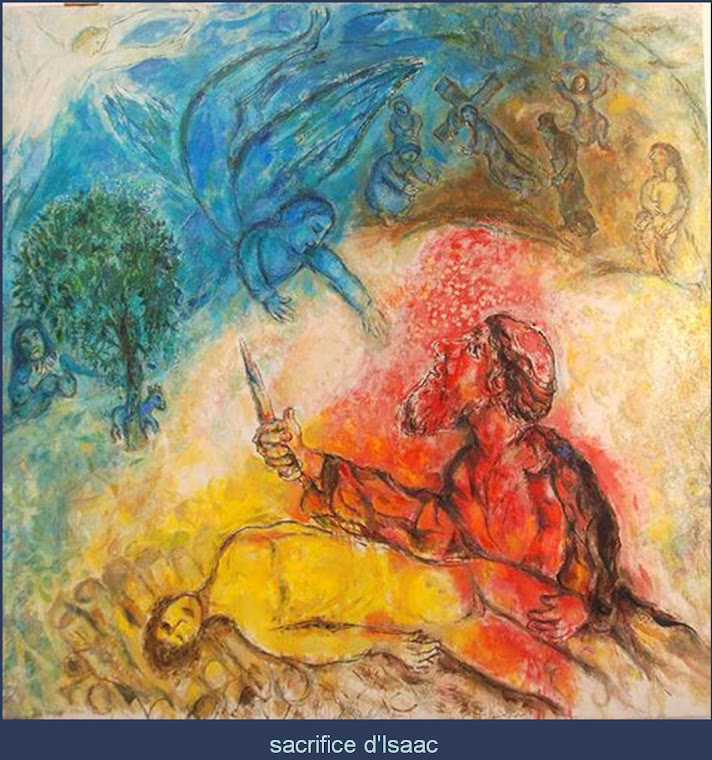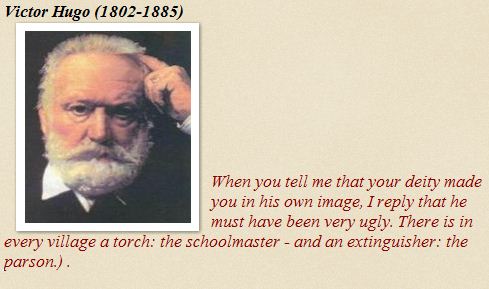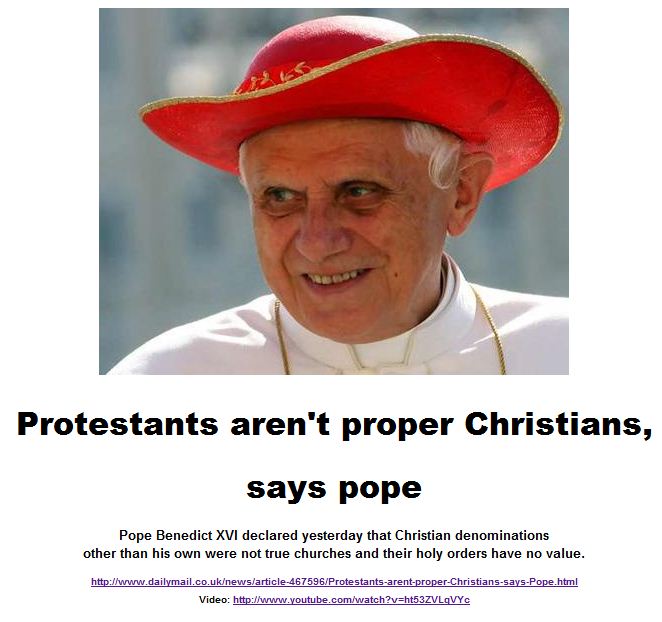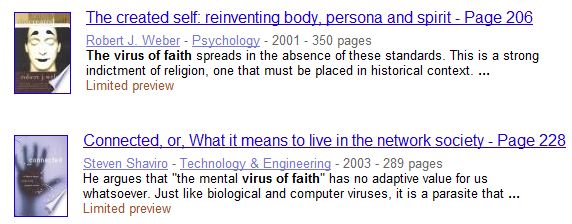By Robert Green Ingersoll
This night lasted for a thousand years ...
This night lasted for a thousand years ...
The first star that enriched the horizon of this universal gloom was Giordano Bruno. He was the herald of the dawn.
He was born in 1550, was educated for a priest, became a Dominican friar. At last his reason revolted against the doctrine of transubstantiation. He could not believe that the entire Trinity was in a wafer, or in a swallow of wine. He could not believe that a man could devour the Creator of the universe by eating a piece of bread. This led him to investigate other dogmas of the Catholic Church, and in every direction he found the same contradictions and impossibilities supported, not by reason, but by faith.
[Image: Giordano Bruno (1550?-1600)]
Those who loved their enemies threatened his life. He was obliged to flee from his native land, and he became a vagabond in nearly every nation of Europe . He declared that he fought, not what priests believed, but what they pretended to believe. He was driven from his native country because of his astronomical opinions. He had lost confidence in the Bible as a scientific work. He was in danger because he had discovered a truth.
He fled to England Oxford Oxford England
Bruno was driven from England France Germany Germany
He returned at last to his native land. He found himself without friends, because he had been true, not only to himself, but to the human race. But the world was false to him because he refused to crucify the Christ of his own soul between the two thieves of hypocrisy and bigotry. He was arrested for teaching that there are other worlds than this; that many of the stars are suns, around which other worlds revolve; that Nature did not exhaust all her energies on this grain of sand called the earth. He believed in a plurality of worlds, in the rotation of this, in the heliocentric theory.
For these crimes, and for these alone, he was imprisoned for six years. He was kept in solitary confinement. He was allowed no books, no friends, no visitors. He was denied pen and paper. In the darkness, in the loneliness, he had time to examine the great questions of origin, of existence, of destiny. He put to the test what is called the goodness of God. He found that he could neither depend upon man nor upon any deity. At last the Inquisition demanded him. He was tried, condemned, excommunicated and sentenced to be burned.
[Image: Bronze statue of Bruno in Campo dei Fiori in Rome Vatican
According to Professor Draper, he believed that this world is animated by an intelligent soul -- the cause of forms, but not of matter; that it lives in all things, even in such as seem not to live; that everything is ready to become organized; that matter is the mother of forms, and then their grave; that matter and the soul of things, together, constitute God. He was a pantheist -- that is to say, an atheist. He was a lover of Nature, -- a reaction from the asceticism of the church. He was tired of the gloom of the monastery. He loved the fields, the woods, the streams. He said to his brother-priests: Come out of your cells, out of your dungeons: come into the air and light. Throw away your beads and your crosses. Gather flowers; mingle with your fellow-men; have wives and children; scatter the seeds of joy; throw away the thorns and nettles of your creeds; enjoy the, perpetual miracle of life.
On the sixteenth day of February, in the year of grace 1600, by "the triumphant beast," the Church of Rome, this philosopher, this great and splendid man, was burned. He was offered his liberty if he would recant. There was no God to be offended by his recantation, and yet, as an apostle of what he believed to be the truth, he refused this offer. To those who passed the sentence upon him he said: "It is with greater fear that ye pass this sentence upon me than I receive it." This man, greater than any naturalist of his day; grander than the martyr of any religion, died willingly in defence of what he believed to be the sacred truth. He was great enough to know that real religion will not destroy the joy of life on earth; great enough to know that investigation is not a crime -- that the really useful is not hidden in the mysteries of faith. He knew that the Jewish records were below the level of the Greek and Roman myths; that there is no such thing as special providence; that prayer is useless; that liberty and necessity are the same, and that good and evil are but relative.
He was the first real martyr, -- neither frightened by perdition, nor bribed by heaven. He was the first of all the world who died for truth without expectation of reward. He did not anticipate a crown of glory. His imagination had not peopled the heavens with angels waiting for his soul. He had not been promised an eternity of joy if he stood firm, nor had he been threatened with the fires of hell if he wavered and recanted. He expected as his reward an eternal nothing! Death was to him an everlasting end -- nothing beyond but a sleep without a dream, a night without a star, without a dawn -- nothing but extinction, blank, utter, and eternal. No crown, no palm, no "well done, good and faithful servant," no shout of welcome, no song of praise, no smile of God, no kiss of Christ, no mansion in the fair skies -- not even a grave within the earth -- nothing but ashes, wind-blown and priest-scattered, mixed with earth and trampled beneath the feet of men and beasts.
The murder of this man will never be completely and perfectly avenged until from Rome shall be swept every vestige of priest and pope, until over the shapeless ruin of St. Peter's, the crumbled Vatican
Robert Ingersoll (1833-1899): scientific rationalist and agnostic, son of a Congregational minister, notable defender of Darwin





























































































































No comments:
Post a Comment